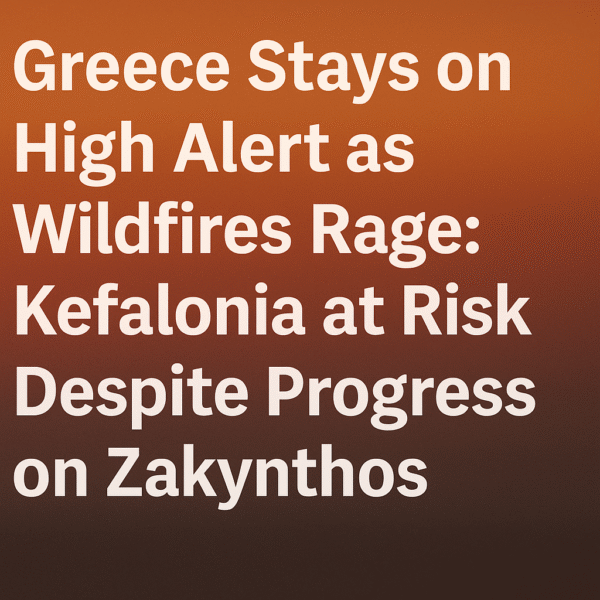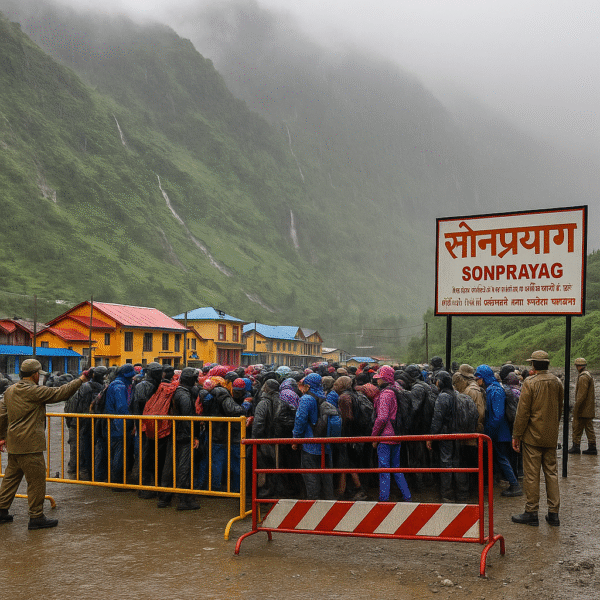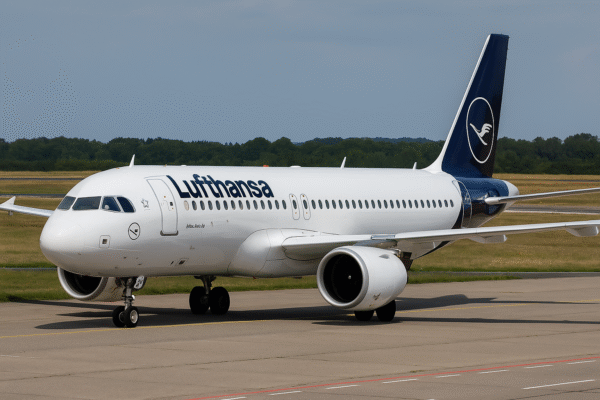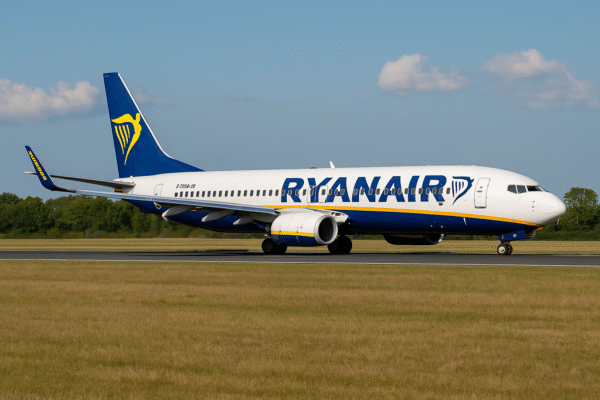Eurostar train services connecting London, Paris, Brussels, and Amsterdam have resumed following a significant disruption that affected thousands of travelers across key European routes in late June 2025. Although core services have been restored, passengers should anticipate ongoing delays into Wednesday evening as operations stabilize. Tourists and business travelers are strongly advised to monitor travel updates closely and reconsider travel plans to avoid further inconvenience.
The Incident: A Dual Crisis Affecting Key European Rail Lines
The disruption began on June 24 when two people tragically lost their lives after being struck on the LGV Nord high-speed line between Lille and Paris. This fatal accident led authorities to suspend train services on the line as a safety precaution, immediately stranding passengers and forcing cancellations.
Before recovery efforts could gain momentum, a second blow struck in the early hours of June 25. Criminals stole approximately 600 meters of copper cable near Lille Europe station, severely damaging the signalling infrastructure vital for safe train operations. This act of vandalism forced Eurostar and French TGV trains to divert to slower, conventional tracks, significantly reducing service speeds and adding to delays.
Passengers caught in the chaos experienced long queues and overcrowded stations. Elizabeth Romijn, a yoga teacher stranded at London St Pancras, described the scene: “It’s quite horrible—long queues, sitting on the ground,” highlighting the human toll of the disruption.
Eurostar’s Rapid Response and Recovery Efforts
Eurostar acted swiftly to restore operations. By early afternoon on June 25, a team of 15 engineers was on site repairing the damaged infrastructure. Partial service resumed by 12:30 pm local time, with full restoration achieved by 4 pm CET (3 pm BST). Despite resuming operations, Eurostar warned that delays would persist into the evening.
Passengers were provided bottled water onboard, and customer service teams were deployed across busy stations including London St Pancras, Paris Gare du Nord, Brussels Midi, and Amsterdam Centraal to assist travelers with rebooking and refunds.
The UK Foreign Office also issued updated travel advice warning of severe disruptions on routes to and from France during this period.
How Travelers Were Impacted
- At least five London-Paris Eurostar services were cancelled.
- Numerous other services experienced delays exceeding 90 minutes.
- Routes to Brussels and Amsterdam were affected due to crew and train displacement.
- Thousands of passengers faced missed connections, extended wait times, and crowded terminals.
Essential Travel Advice for Affected Passengers
- Check Your Booking Frequently: Use the Eurostar app, official website, or email notifications to monitor the status of your train.
- Consider Rescheduling: If your travel dates are flexible, postponing your journey to avoid peak disruption times is advisable.
- Visit Customer Service Desks: For rebooking or refund assistance, approach help desks at major stations.
- Prepare for Crowds: Bring snacks, water, and stay patient as stations and trains are busier than usual.
- Explore Alternatives: Flights or coach services may provide viable options if delays exceed two hours or overnight accommodations become necessary.
- Keep Documentation Handy: Retain your ticket, booking references, and any refund or rebooking confirmations for smooth processing.
- Stay Informed: Follow updates from Eurostar, the UK Foreign Office, SNCF (French rail), and Dutch rail operators for ongoing changes.
Wider Impact on Tourism and Travel Planning
The timing of the disruption coincided with the busy summer travel season, impacting both leisure and business travelers. Visitors heading to cultural hubs like Paris and Amsterdam faced uncertainty, risking missed tours and appointments. Business travelers especially faced tight schedules complicated by sudden delays and cancellations.
Travel agencies and hotels near major stations reported increased demand for last-minute bookings and accommodations for stranded passengers.
Even with infrastructure repairs completed, residual delays are expected to ripple through the network into the evening, requiring travelers to add buffer time to their itineraries.
The Need for Flexibility and Travel Insurance
This incident underscores the importance of flexible travel plans and comprehensive travel insurance, particularly during peak seasons. Travelers booking multi-modal trips involving flights or other trains should be especially cautious, as delays on one leg can cascade into missed connections.
Tour companies and travel planners are advised to build in contingency plans and communicate clearly with clients regarding possible delays.
The Human Element: Navigating the Chaos
For many, what should have been routine travel became a test of patience and resilience. From long waits on packed platforms to limited information, the disruption was a reminder of the vulnerabilities in Europe’s complex rail networks.
However, the prompt response by Eurostar engineers, station staff, and the airlines’ commitment to passenger welfare helped mitigate what could have been an even worse crisis.
Looking Ahead: Strengthening Rail Infrastructure
The twin disruptions highlight the need for investment in rail infrastructure resilience and security. Preventing incidents such as cable theft and improving accident response protocols are priorities for rail operators and government authorities alike.
Passenger safety and service reliability remain paramount as Europe continues to promote rail as a sustainable and efficient alternative to air travel.
Final Thoughts
As Eurostar fully restores its services, passengers traveling between London, Paris, Brussels, and Amsterdam this week should exercise caution, check schedules regularly, and prepare for possible delays.
With proactive planning, travelers can still enjoy Europe’s premier destinations while minimizing travel stress.
For more travel news like this, keep reading Global Travel Wire
















